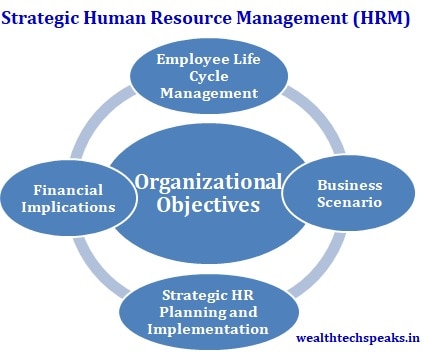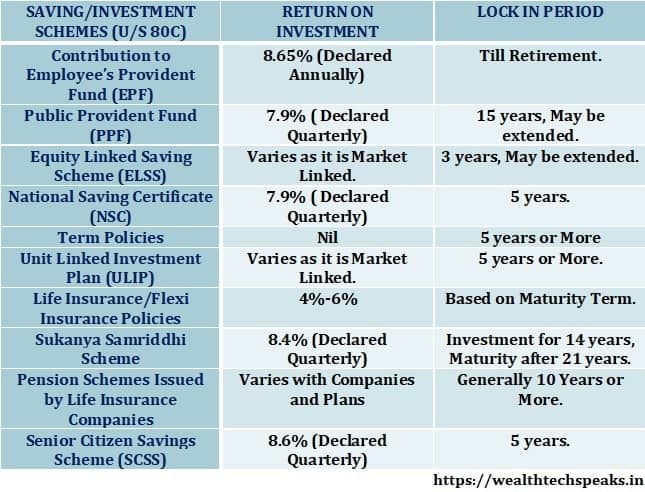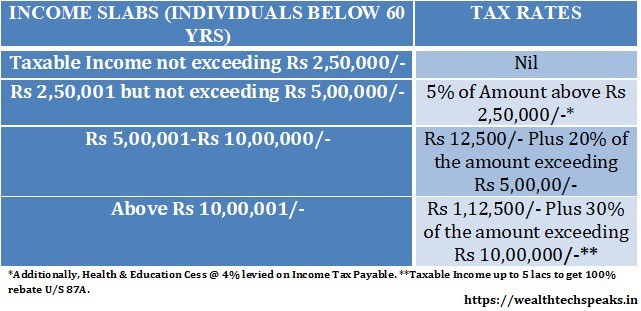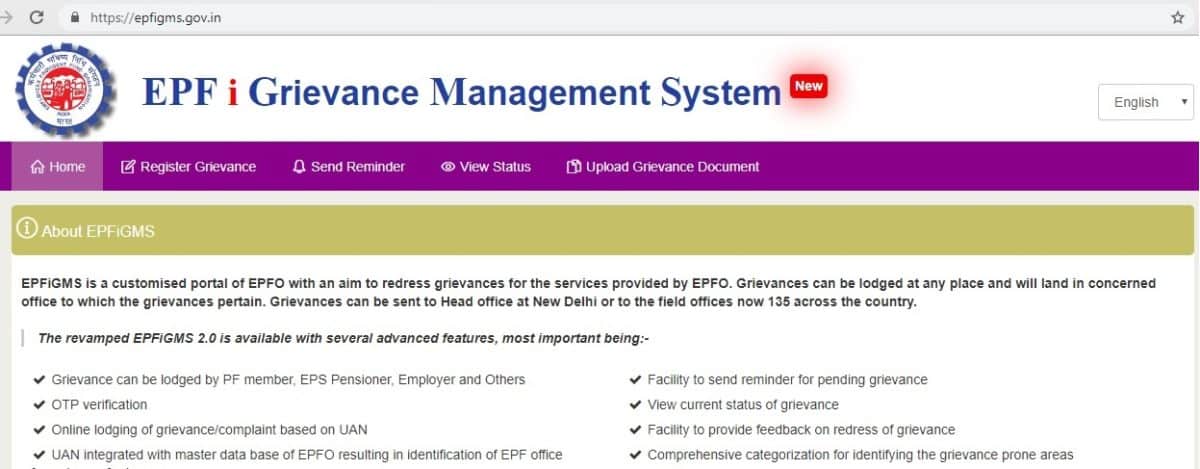
Performance Management System (PMS): Challenges and Need
- Posted By Amritesh
- On March 13th, 2018
- Comments: 10 responses
Performance Management System (PMS) is the strategic process by which an organization measures the performance of the employees in order to reward their contribution towards the organization growth and success. Organization constantly strives to improve the efficiency of the employees in order to develop their skills and managerial capabilities. This would allow the organization to achieve its “Vision” through the “Missions” laid down.
Performance Management System (PMS) has gained significance with the rise in demand for niche skills and evolution of technology which requires organizations be to nimble footed in order to adopt new strategies for survival, as well as create a pool of talents with required skills/expertise to meet the ever changing demands of the industry. Organizations are still in the process of transforming their HR practices in alignment with the Industry needs and demand.
Previously, PMS was understood to identify the best employees and reward them for their efficiency in terms of compensation, promotion, designation. But the scenario is fast changing, it is no longer restricted to identifying and rewarding the talent. PMS has gained greater significance, it now includes, identification of potential talent for the future, grooming and development of human capital, design succession plan for the employees based on their core capabilities and strength, imparting new skills through training. Performance Management System (PMS) aims at grooming, caring, developing and retaining the key talents for the future. Thus, the “need” is to shift focus from quantitative approach to qualitative approach.
Business Strategies and HR Practices need to be aligned in order to build friendly work environment which allows employees to perform to the best of their ability. This would help in motivating employees, increase efficiency, encourage individuals to participate in decision making process and ultimately evolve as a Leader.
Approaches to Performance Management System (PMS)
Traditionally, PMS was regarded as an Annual exercise to identify and measure the performance of the individual basis the goal set for them by their respective manager. It was primarily restricted to give ratings based on the pre defined parameters which again was uniform for all the employees. The supervisor/line manager was responsible for awarding grades/rating purely based on the performance for the particular year. The system did not necessarily focus on the Training and Development Needs, Skills Upgrade and Performance Advancements showcased by an Individual over a period of time. The performance measurement was based on comparison with peers who may have been assigned additional tasks or responsibilities, thereby it failed to measure the actual productivity/efficiency of the concerned employee.
Shortcomings of Traditional Performance Appraisal Process
#Evaluation solely restricted to the performance of an Individual in the concerned business cycle.
#Standard Process adopted across Organization.
#Main focus to keep the retention cost at the minimum for the next business cycle.
#Evaluation process could be irrelevant and vague for the Job Profile.
Evolution of Performance Management System (PMS)
In the current scenario of competitive business combined with cut-throat competition and advancement in technology, role of Human Resource Personnel has transformed immensely. Earlier, they acted as Facilitator between the Business and Human Capital in an organization. But now, they have to perform the role of Transformer. It implies that they have to analyze the developments in the Business scenarios and ensure that the Human capital is prepared to adapt to such changes so that the operational efficiency of the organization is not compromised.
Thus, the Performance Management System (PMS) encompasses greater significance in the modern era. It is not merely restricted to the year-end appraisal of the employees rather it is an ongoing exercise within the organization. Performance Management System (PMS) sets in right at the time an Individual joins the organization as an employee, accepting the company’s mission & objectives and strives to achieve the same. PMS engulfs the complete “Employee Life Cycle”, i.e, from the time of joining till the employee leaves the organization. PMS may be considered as Strategic as well as Integrated process which is aimed improving the organizational performance through Individual as well as Team development.
Performance Management System (PMS) requires transparency in communication between Appraiser and Employee to clearly define the Performance Expectations. PMS includes following activities,
#Set Goals for the Financial Year
#Regular Review and Feedback of the Performance
#Mentoring to Improve the Overall Performance
#Identifying Training and Development Needs
#Designing Effective Compensation (Reward and Recognition) System
#Designing systematic Career Succession Plan for the Employees based on their Skills and Abilities.
#Retention of Key Resources, analysis of the feedback received in the Exit Interviews, identifying the concerns and addressing the same.
Performance Management System (PMS) is an interactive setup which allows Management and Employees to understand each other’s stake. Thus enabling them to combine as a progressive unit and strive towards the accomplishment of the common goal.







